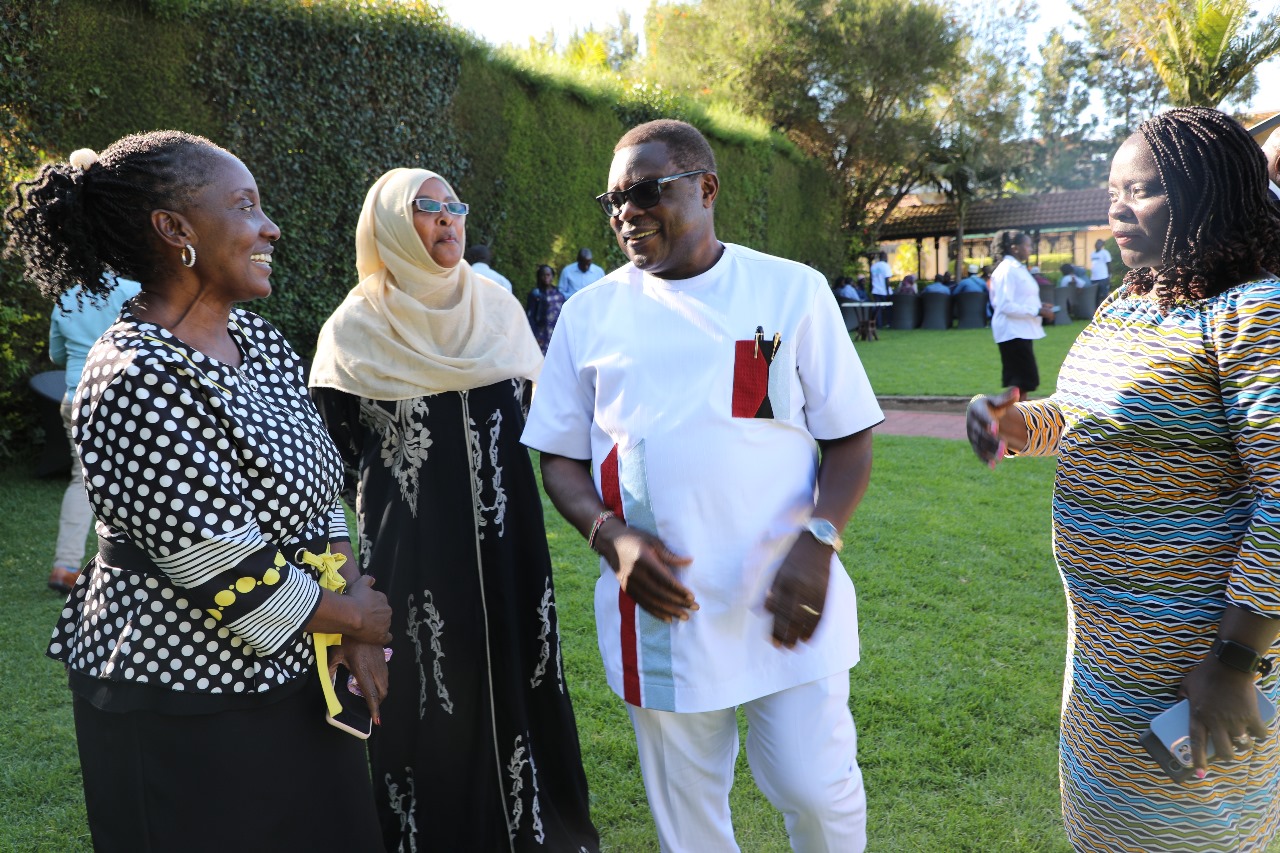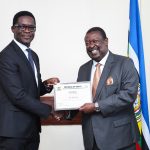Interventions carried out by the Second Kenya Informal Settlement Improvement Project (KISIP 2) in Bungoma County are in line with the State’s Bottom Up Economic Transformation Agenda (BETA) approach, the county governor Kenneth Lusaka has noted.
Speaking today during training session of the settlement executive, grievance redress and assembly sector committees, by the National Project Coordination Team (NPCT), the former senate speaker added that the move by KISIP, the World Bank, Agence Française de Development (AFD) and the European Union, will be a game-changer for thousands of pe7ople living in two informal settlements in the devolved unit.
“I am happy that two informal settlements of Landi Matope and Mjini in Chwele and Bungoma towns respectively, are set to improve courtesy of these interventions,” said the governor who was also flanked by county’s top leadership and the County Project Coordination Team (CPCT) drawn from the two settlements.
During the meeting, Lusaka also said that flood lights have been installed at a cost of 27 million shillings while another project worth 380 million shillings has already been awarded to a contractor who will undertake drainage works and road repairs.
“This project will improve lives of people in Bungoma County, which is the main objective of KISIP 2 – giving people dignified lives. Already with lights, we have witnessed an emergence of 24 hour economy, where women can sell until late, with guaranteed security. In the next six months, lives of our people will definitely change,” he added.
The NPCT training was led by Gladys Juma, who heads Gender and Community Component, Shamsa Abdi, the Gender Based Violence (GBV) Lead, and Joy Wasirimba, a Social Safeguards Consultant. The training focused on areas such as role of CPCT, gender mainstreaming, GBV in KISIP, the grievance redress mechanism and others.
KISIP 2 is a state project being implemented by Government of Kenya (GOK) through funding by the World Bank and the AFD. It is a key Vision 2030 enabler project anchored in the Government’s agenda of enabling residents in participating informal settlements within selected counties benefit by having access to basic infrastructure services and land tenure security. The project is currently domiciled at the State Department for Housing and Urban Development in the Ministry of Lands, Public works, Housing and Urban Development.





